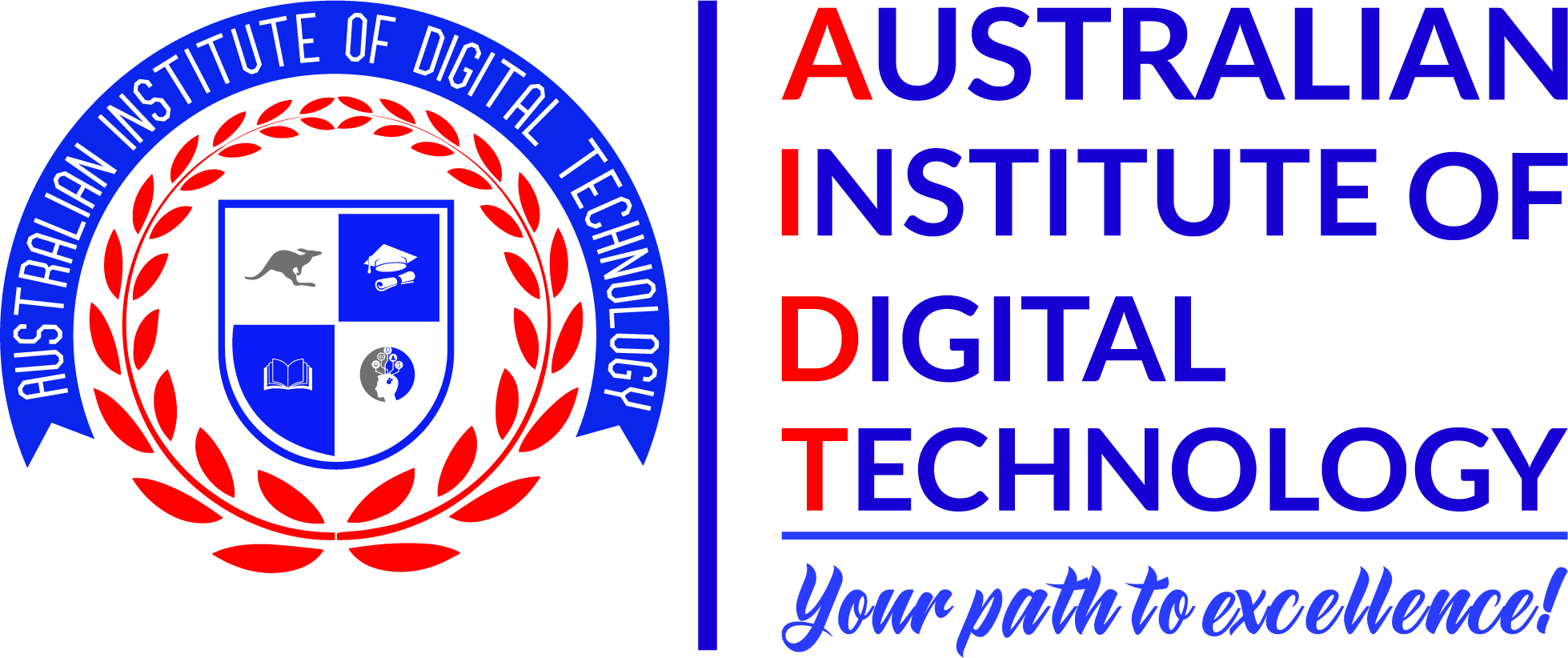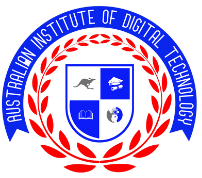The growing rate of technical innovation has predicted high development for Australia’s IT industry until 2023. According to the 2018 Australia’s Digital Pulse Report, 758,700 workers are expected to fill the field throughout the timeframe.
Enrollment in the program has also increased in prior years, reaching a peak of 31,411 (subject-only enrollments) in 2017 – a tremendous rise from 8,795 the previous year.
With more than 90% of new occupations in the next five years requiring additional vocational education and training, these figures are certain to rise further – especially with Australia’s professional, scientific, and technological services (of which the ICT area is a part) classified as a top industry for employment growth.
We at AIDT have outlined the top occupations one may obtain with such essential training, with a Diploma of Information Technology being a popular certificate for this course.
What are information systems?
First and foremost, what exactly are information systems? You’re on the correct road if you figured they have anything to do with computers.
Information systems are a technological method of organizing information. An information system is anything that collects, processes, stores, and distributes data.
Across most industries, all types of businesses and organizations utilize information systems to store and transmit information to users. Needless to say, with technology controlling nearly every aspect of our working life, it’s a rapidly expanding sector.
What do information systems capture and why are they important?
Information systems collect all types of data that aid in the operation of enterprises, organizations, and services.
For example, corporations may utilize information systems to handle invoices and pay personnel. They may also utilize information systems to keep client information and log consumer calls or communications.
On the other hand, even as basic as your smartphone might be deemed an information system since it saves and uses data.
The following are the most common types of information systems:
Systems for Transaction Processing:
These aid firms in their day-to-day operations. Consider deposits, withdrawals, order placement, delivery, and invoicing.
Office Automation Software:
Email, voicemail, and word processing may be included. These information systems aid in the communication of enterprises.
System of Decision Support:
These systems, which aim to assist people in making decisions, analyze and present enormous amounts of data in user-friendly formats such as charts and tables.
What does an information systems analyst do?
With their in-depth knowledge of information technology, information systems analysts handle business difficulties. They may think on a large and small scale, devising and executing solutions that assist organizations in organizing themselves, facilitating initiatives, and serving consumers, clients, or patients.
They are also crucial in implementing modifications to these systems after they have been put in place, as well as teaching and inspiring people to utilize them.
Is information systems a good career choice?
There has never been a better moment to become an information systems analyst, with the pace at which firms employ technology at an all-time high. Job growth was predicted to be 27.7% at the time of publication, so you can be confident that there are lots of chances available. In fact, there are now 1,647 job openings for systems analysts on SEEK alone.
Career Choices
These are the key areas where you can settle down in your career with an Information system diploma.
IT Support Officer
ICT support officers are in charge of aiding with computer hardware and software installation, maintenance, diagnosis, and repair. Much of their job is building up computer networks, designing and maintaining websites, modifying programs to fit user needs, and assuring the best possible use of software and equipment.
According to Job Outlook, the field is expected to develop rapidly over the next five years, from 65,800 people in 2018 to 77,900 in 2023. Work is accessible in almost every region of Australia, with lots of full-time opportunities.
For this employment, a formal certification in computer technology is frequently necessary, with many workers opting to undertake VET (Vocational Education and Training) education. A high level of computer and electronics understanding is also necessary.
Troubleshooting and maintenance of such technology is a fundamental duty; hence, programming abilities and knowledge of how various hardware, software, chips, circuit boards, and processors work are required. Excellent customer and personal service skills are also required because you will be attending to the requirements of clients.
Web Developer
Back-end programming, scripting, content generation, and administration are all tasks performed by web developers in order to create robust, functional websites and online apps.
Workers in this area are very creative and analytical, focusing on the tools, utilities, and tactics required to maintain and develop a working site while also considering visual components for a nice user experience.
The sector has grown rapidly over the last five years and is expected to expand even more in the years ahead, rising from 15,000 in 2018 to 18,000 in 2023. (according to Job Outlook statistics).
Work is available in various parts of Australia, with Victoria accounting for a sizable proportion of industrial employment. The majority of positions are full-time.
While prospective web developers can obtain work based only on technical ability (without formal credentials), vendor or industry certifications are encouraged to increase career opportunities. In reality, many current employees have a VET certificate.
Because much of this work entails understanding the aesthetic, structural, and operational requirements for creating a successful website (or application), programming and operations analysis abilities are required. To interact and collaborate with clients and network specialists, good interpersonal skills are also essential.
Computer Network Professional
As a computer network specialist, you are in charge of analyzing, planning, and advising techniques for constructing the best network structure for a company. Regular activities may involve configuring and maintaining computer hardware and software, as well as providing assistance and technological enhancements for optimal network performance.
The industry is massive, and it is only going to get bigger in the years leading up to 2023. Employment for this position is predicted to rise from 31,600 in 2018 to 35,200 in the next five years. Work may be found in almost every region of Australia, with the majority of people working full-time.
Individuals can enter the sector with no formal qualifications, just like web developers, as long as technical proficiency is satisfactorily proven.
Employers value vendor or industry qualifications, however, with many workers possessing a VET certificate.
To be successful in this field, experts must be well-versed in telecommunications as well as diverse computer hardware and software. Skills in operations and systems analysis are also advantageous; these give a thorough grasp of how networks work and the ideal design for maximum performance.
IT Manager
ICT managers oversee a company’s whole computer and telecommunications system. These individuals plan, organize and manage current networks while looking for new opportunities. They are also in charge of the security of such systems, as well as developing ICT policies, strategies, and plans in collaboration with external or in-house professionals.
This function has grown significantly in the last five years and is expected to expand much more in the future five. Employment is expected to increase from 58,800 in 2018 to 67,000 in 2023. While work may be found in various parts of the country, New South Wales and Victoria have the highest concentrations of employment. The majority also work full-time.
Those joining the sector often have a formal certification and prior managerial experience. Approximately 19.8% of current employees have a certificate or diploma level of education.
Excellent leadership, administration, and management abilities are essential to thrive in this capacity. Interpersonal skills are also required, as is prior expertise in customer service, sales, and marketing. Of course, a thorough grasp of computer systems and equipment is required.
IT Systems Administrator
An ICT systems administrator guarantees that a company’s database management and operating systems are running at peak efficiency. This includes creating, configuring, and maintaining reliable, efficient database structures and architecture, as well as ensuring the security of all data files.
As a result, constant monitoring and troubleshooting are necessary to guarantee that all computer systems, networks, and servers are in good working order.
This position has also seen rapid expansion in the last five years, with employment expected to increase from 43,900 in 2018 to 47,300 in the five years following. Work is available in most Australian locations, with the majority of opportunities being full-time.
Systems administration, like the other jobs on this list, can be pursued without formal certification. Employers can employ only technical skills, although prior training or industry credentials are highly valued among candidates. Many current employees in the sector have a VET certificate.
To succeed in this sector, of course, a full understanding of computer networks, systems, and equipment is required. Skills in digital data safety and security are also required for work. Because you will most likely be upgrading and developing current systems, abilities in systems analysis, operations analysis, and programming will be useful.
Conclusion
A Diploma in Information Technology can provide you with the necessary stepping stone to get started in the sector. At the Australian Institute of Digital Technology (AIDT), we provide our own Diploma in Information Technology to teach you security, networking, management, administration, and other areas.
Those interested in website development and design can also enroll in our Diploma of Website Development program.
Both courses include vendor-certified, nationally-accredited training and are delivered online at your convenience. Get started in ICT today by contacting our experts.
Read on Australian Career Guide: Data Scientist Salary in Australia

